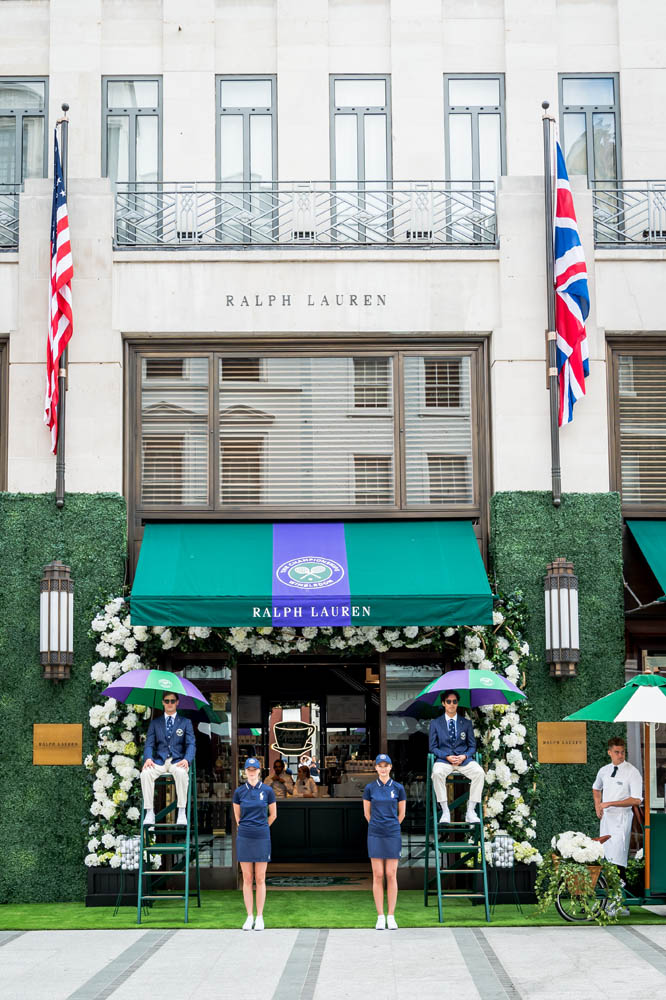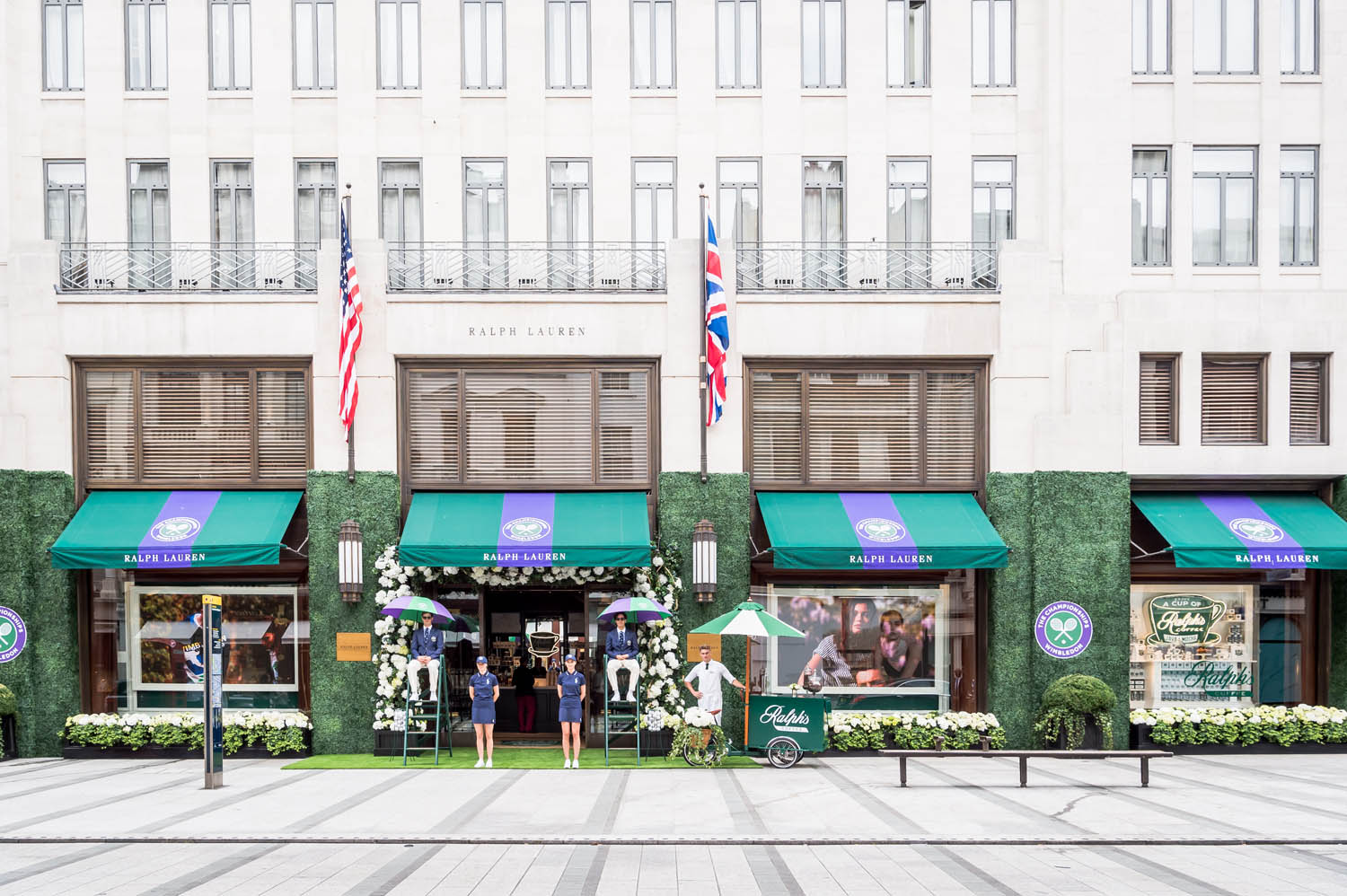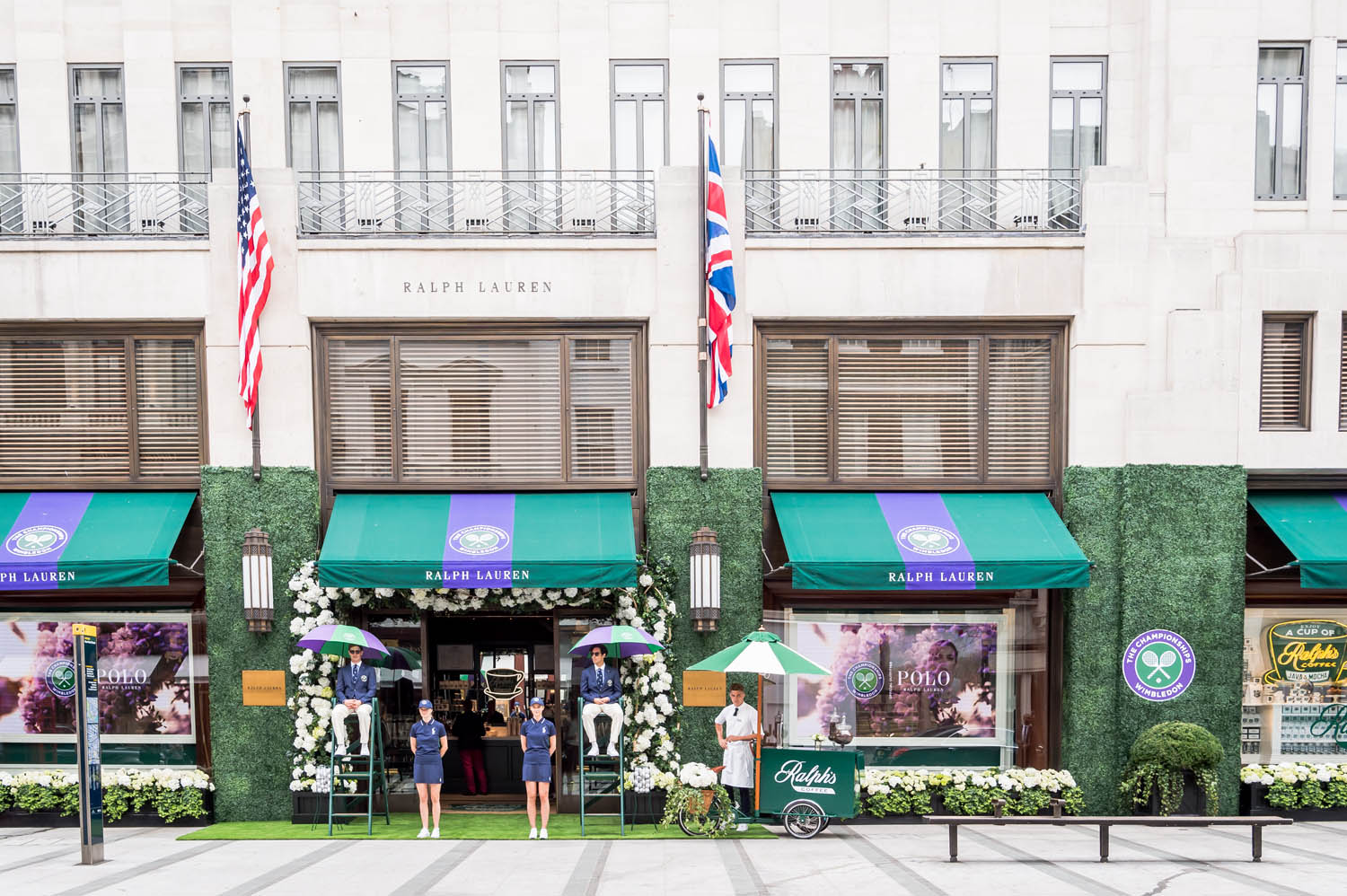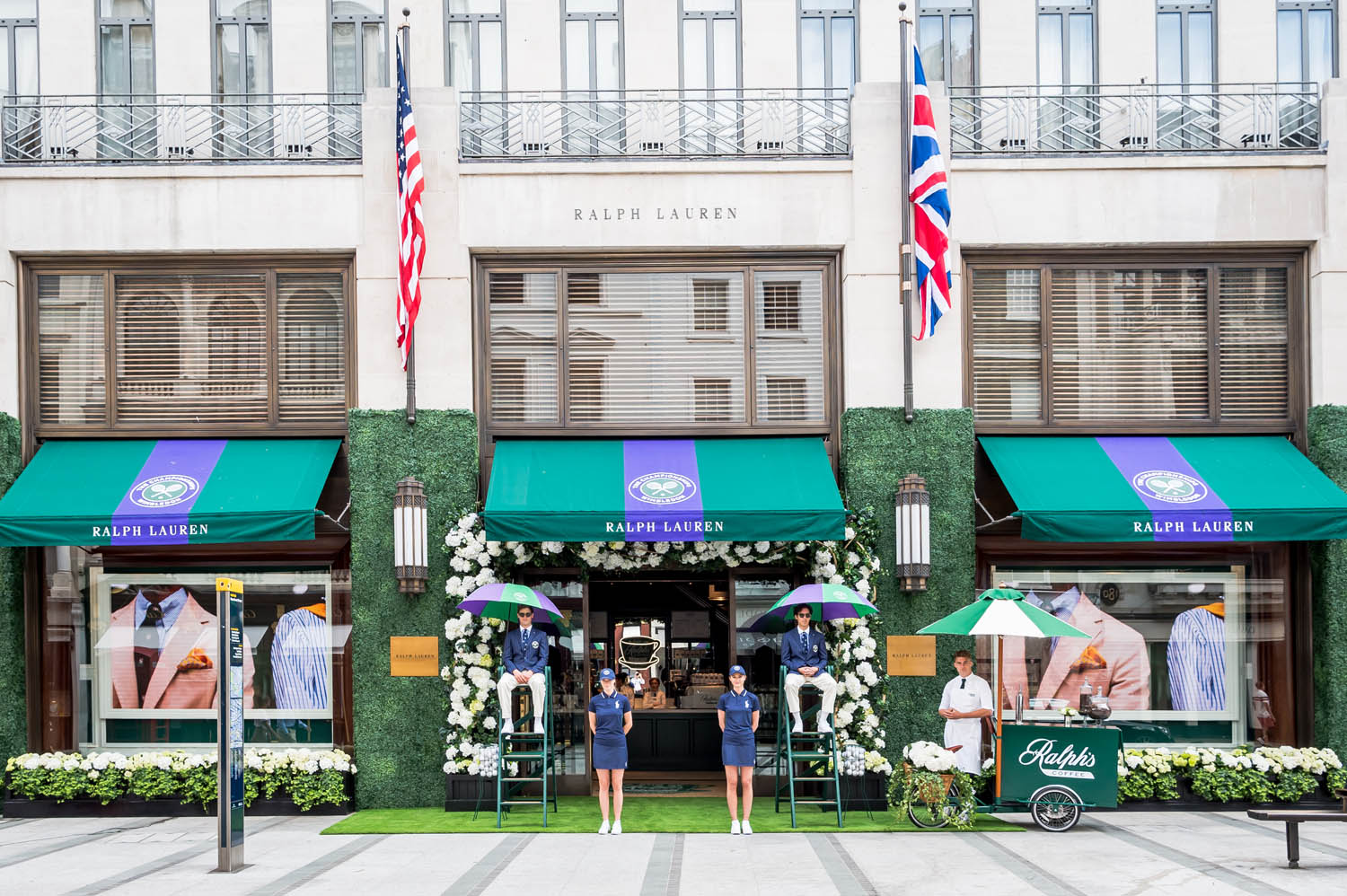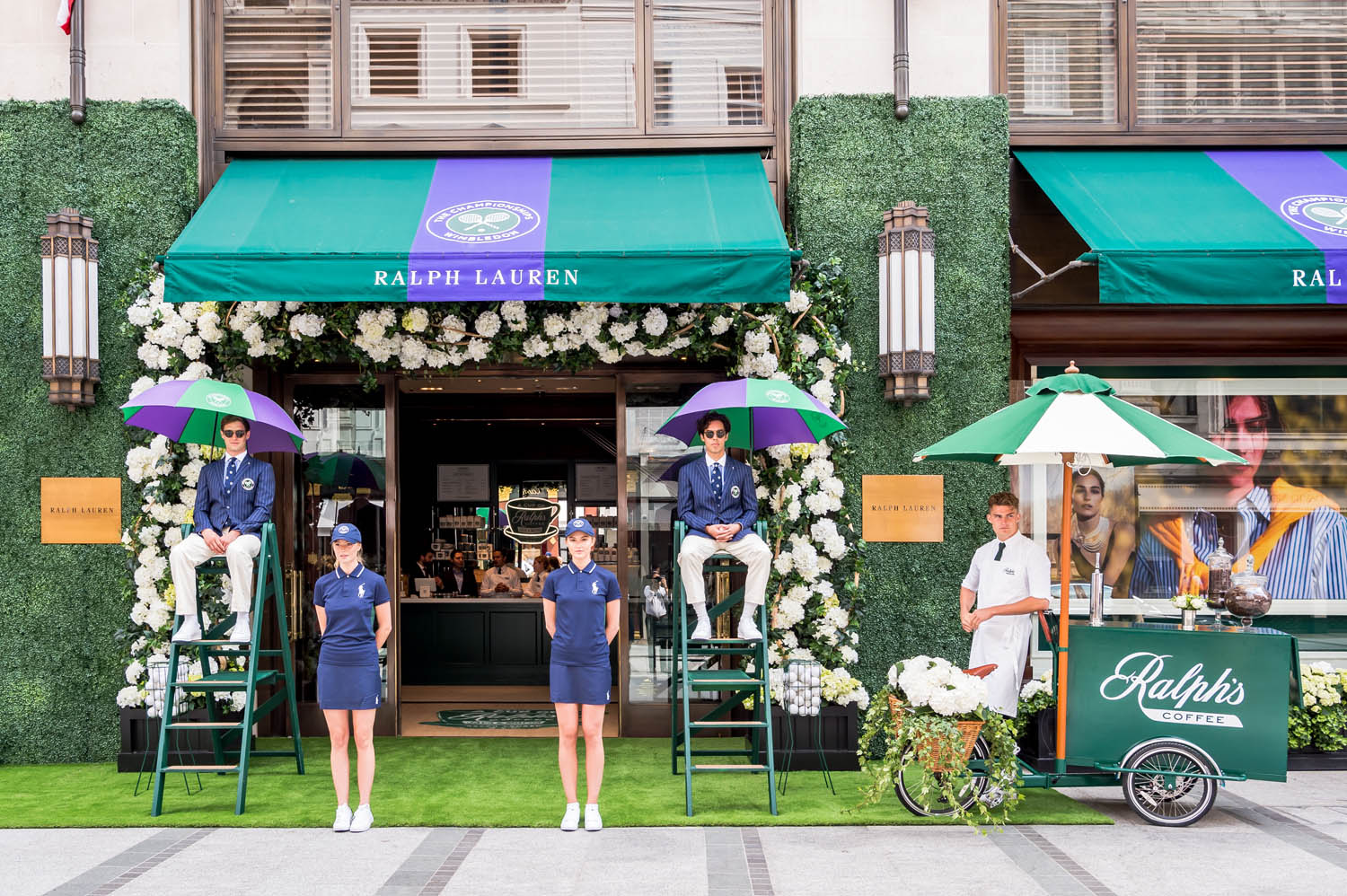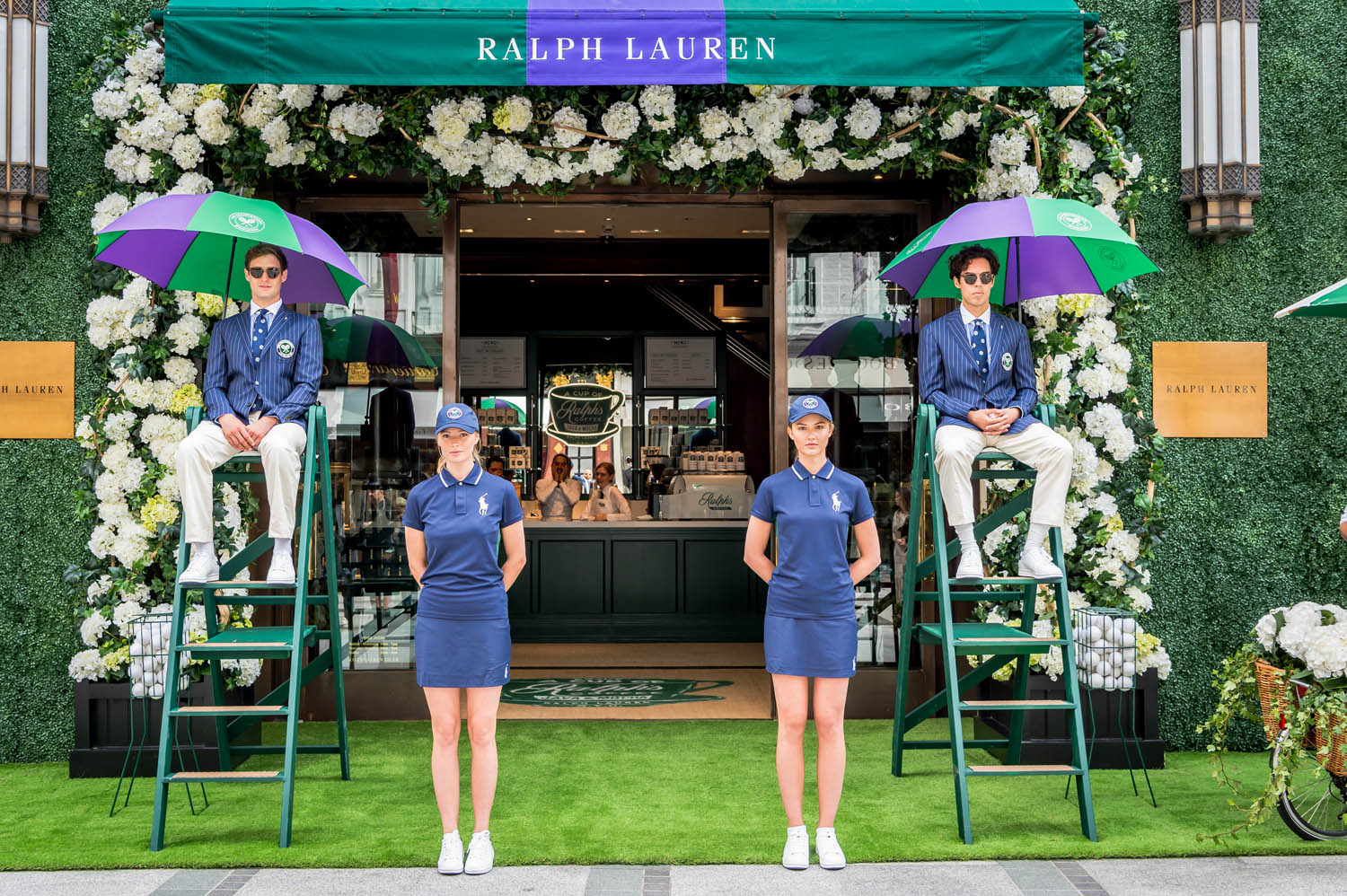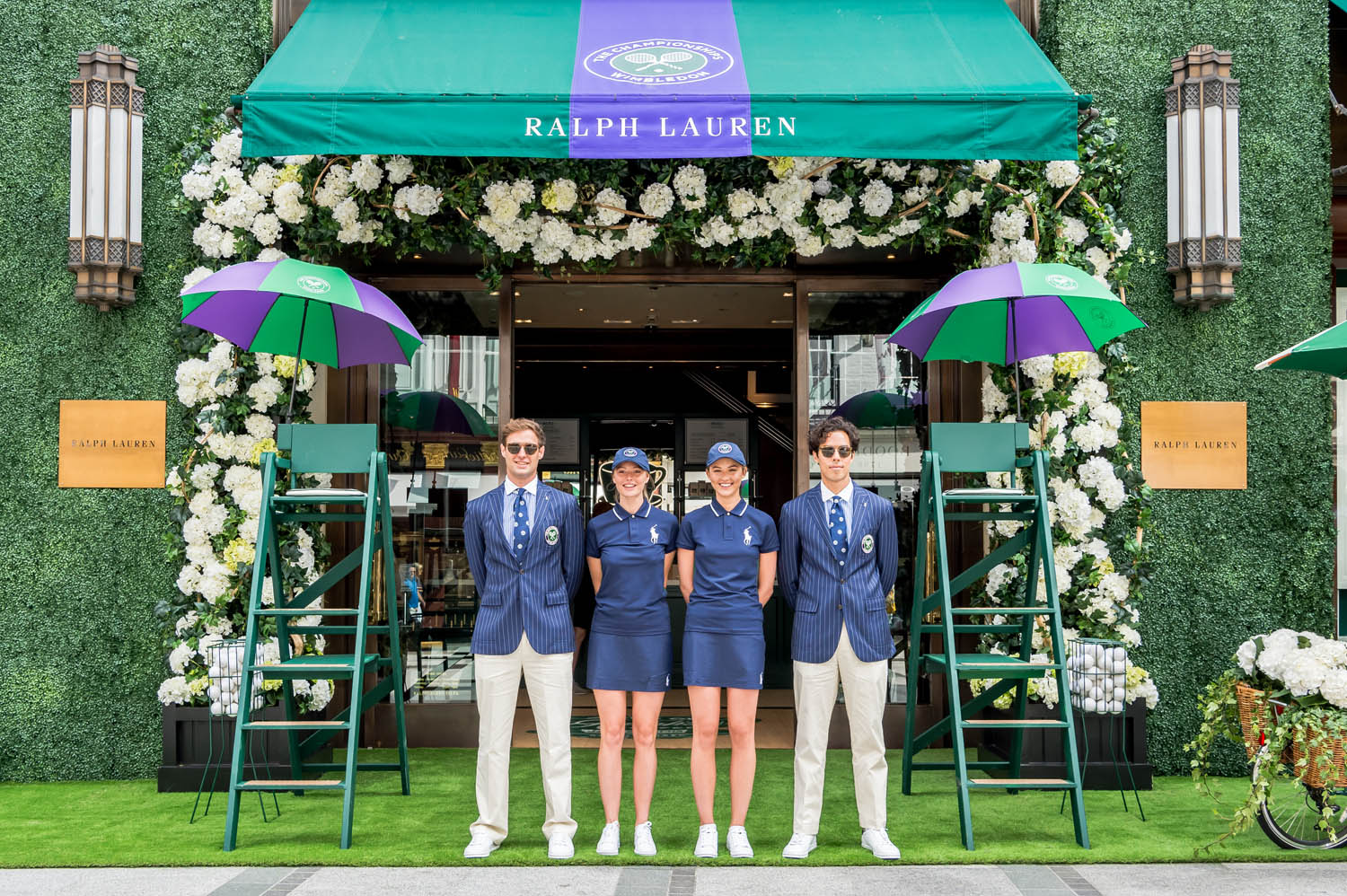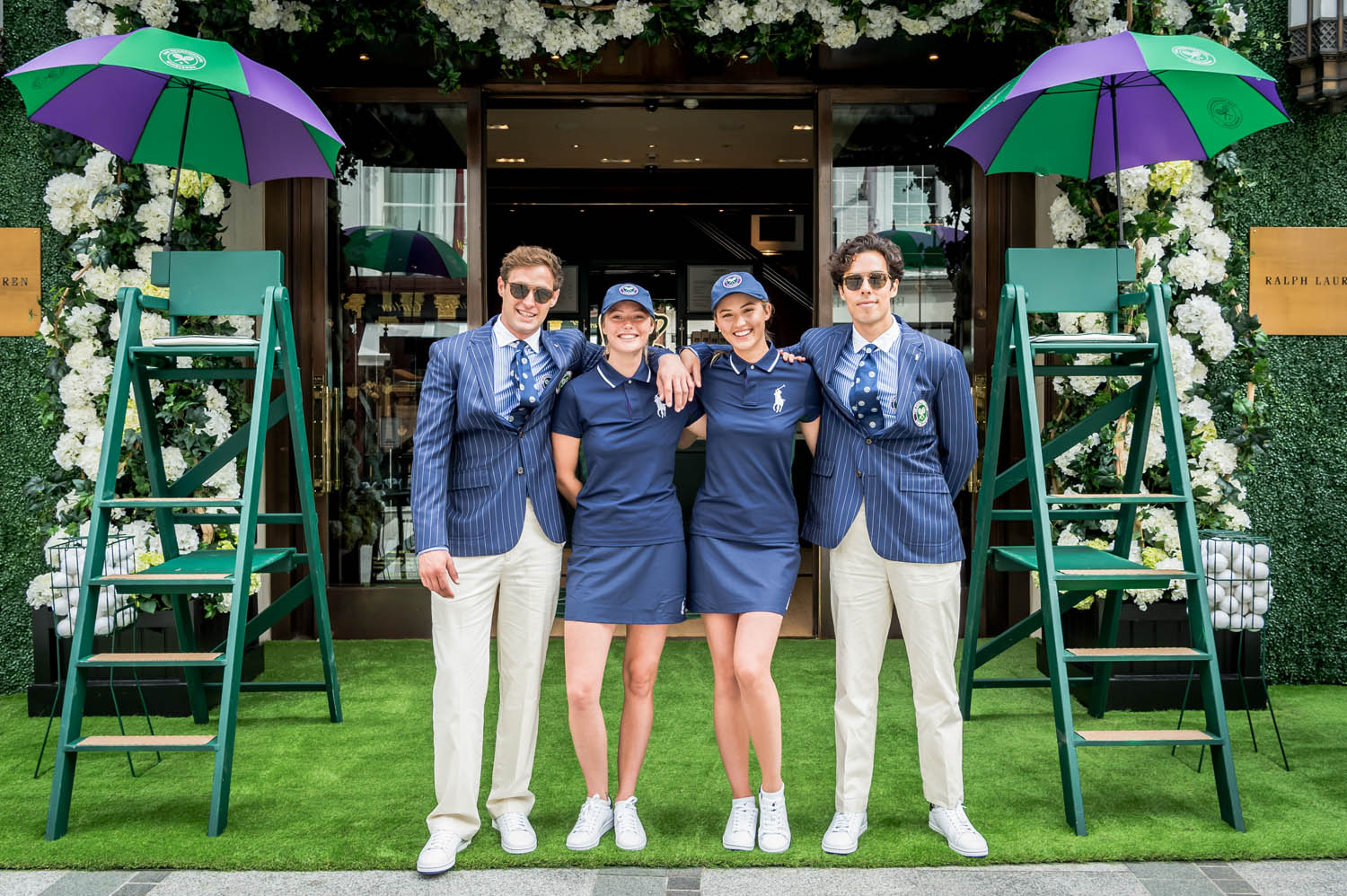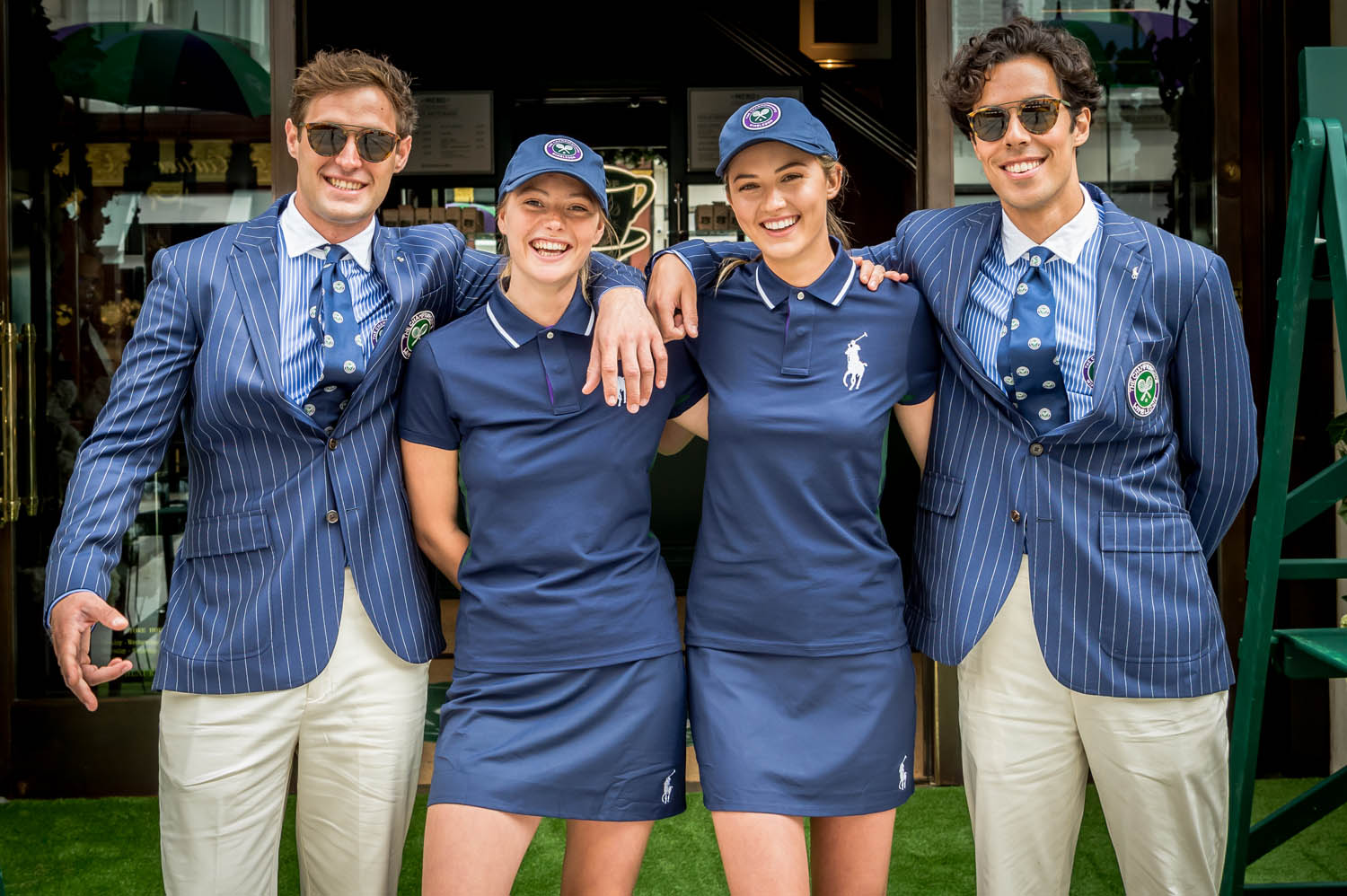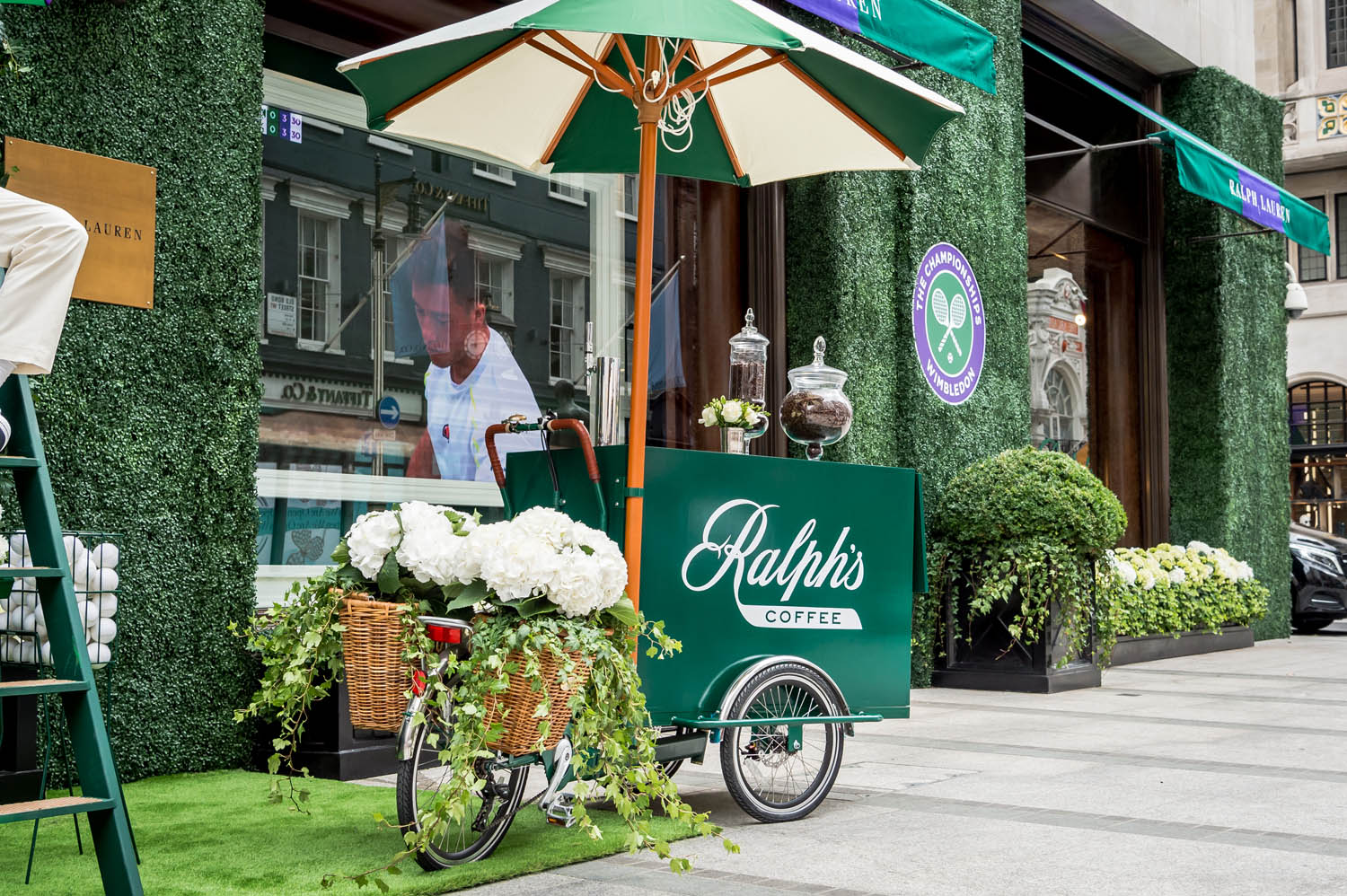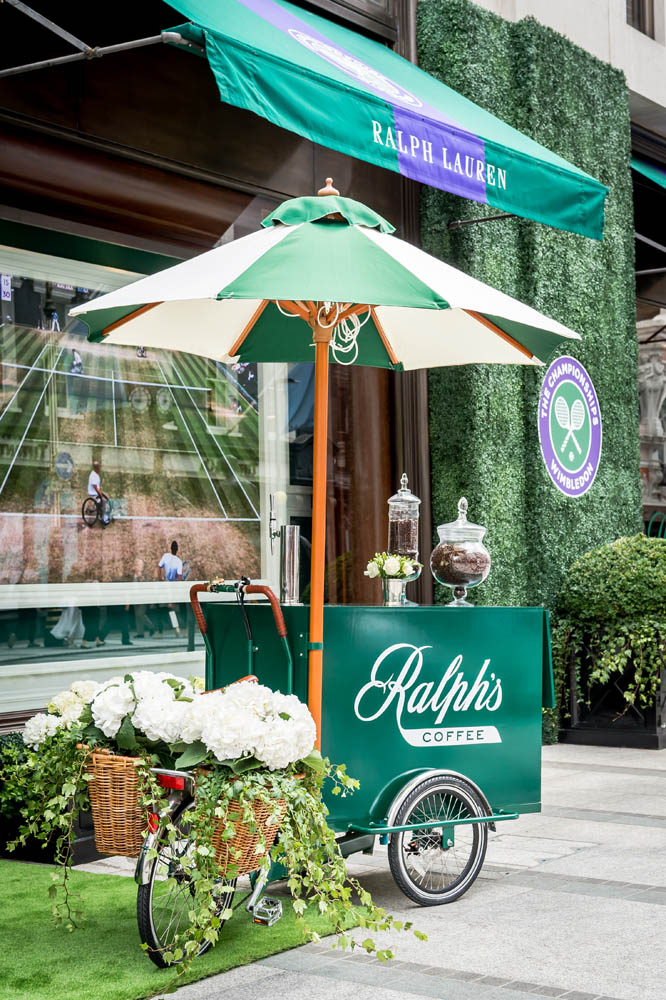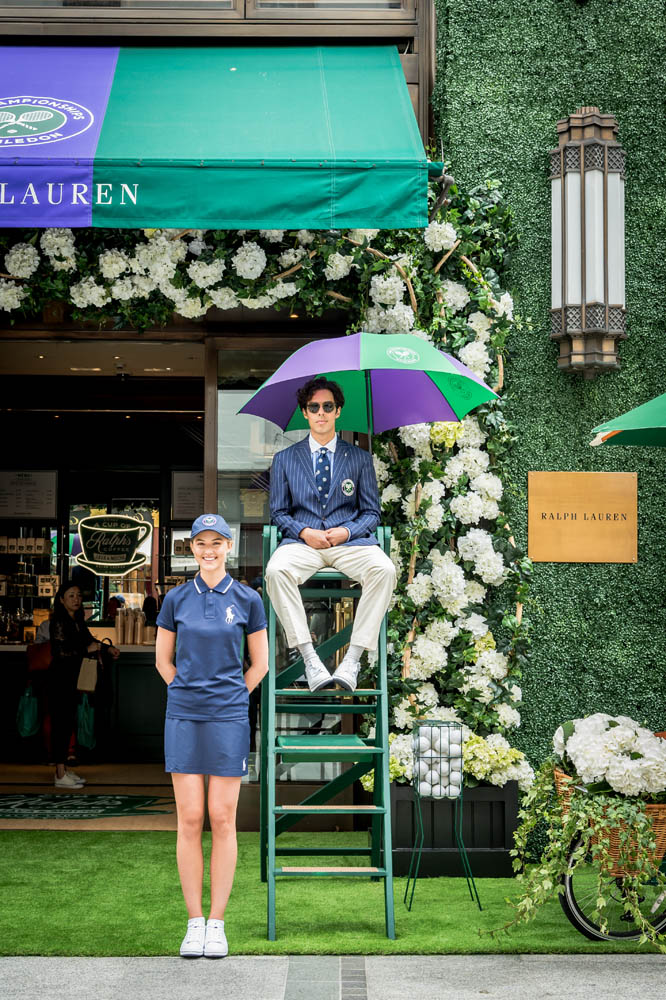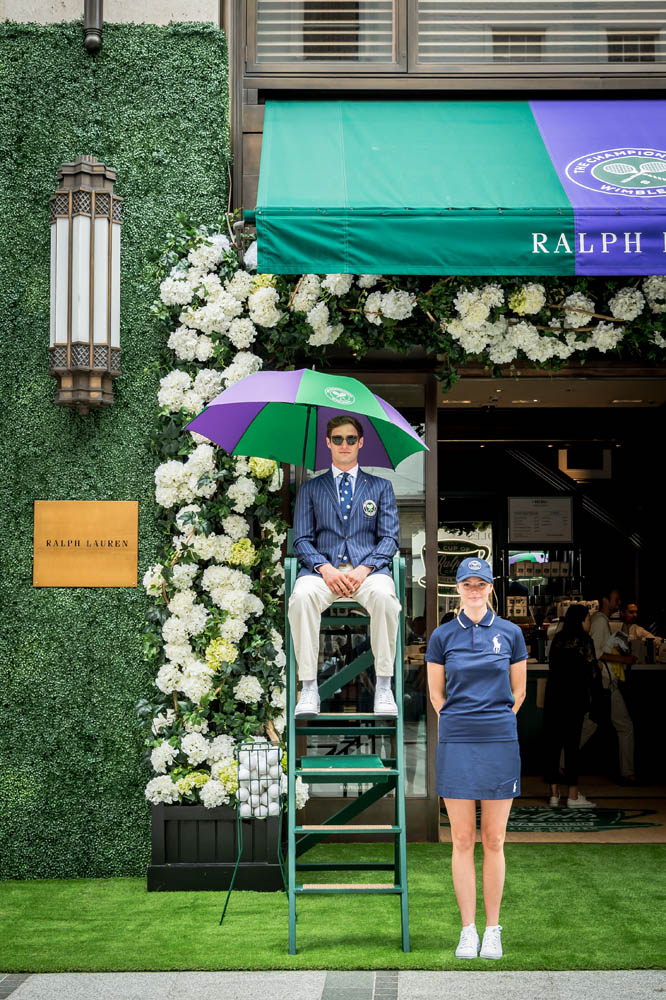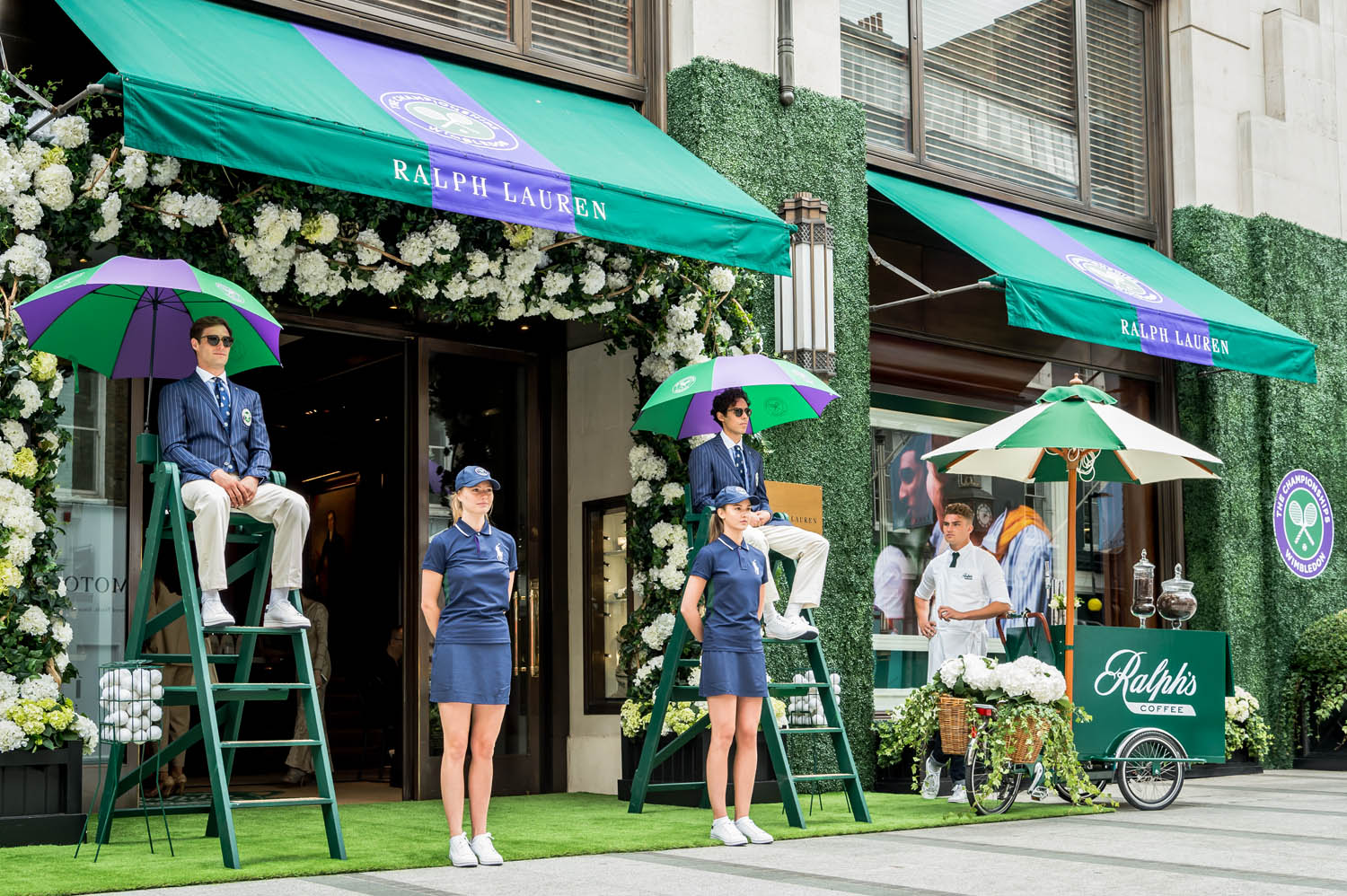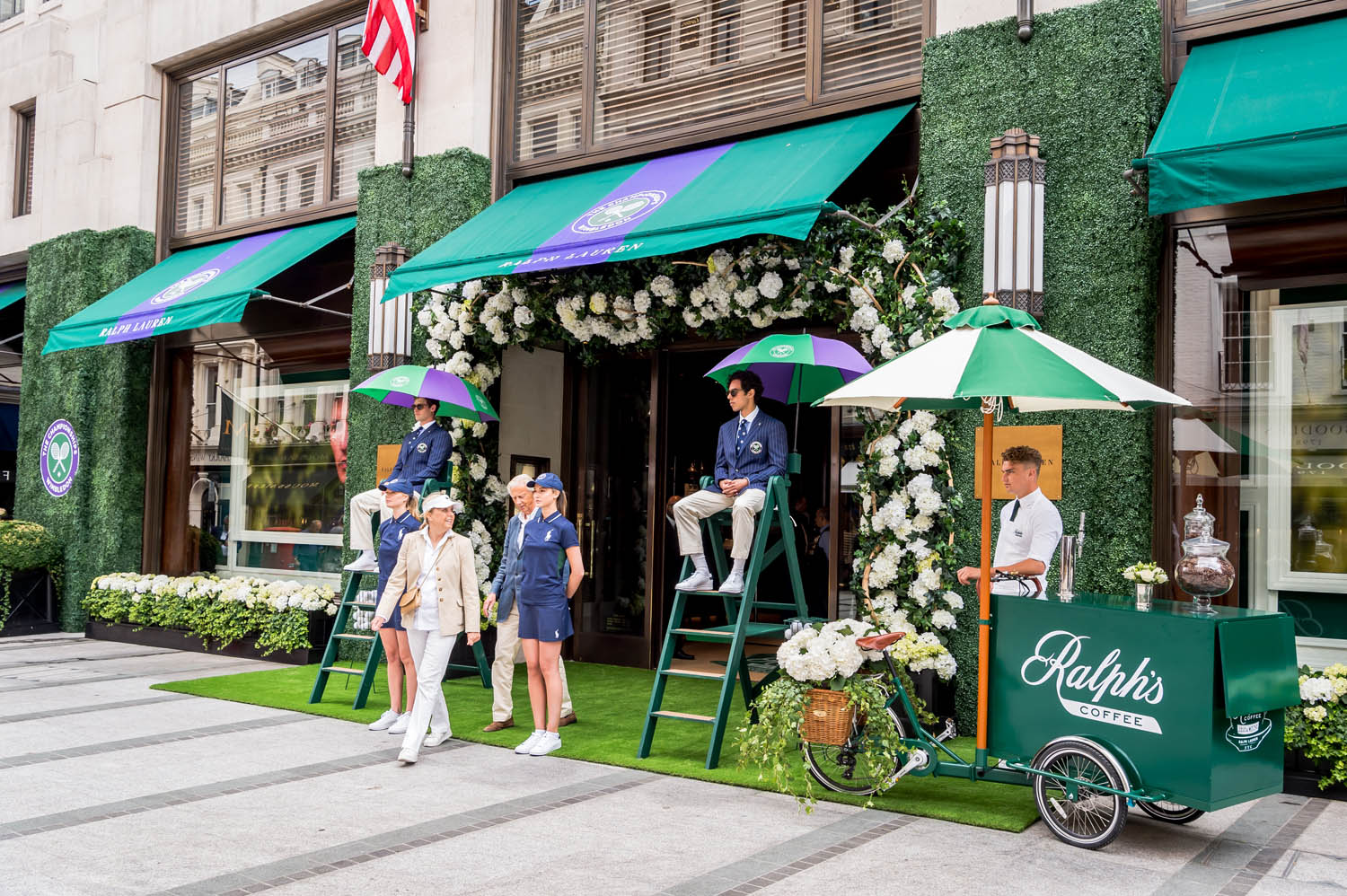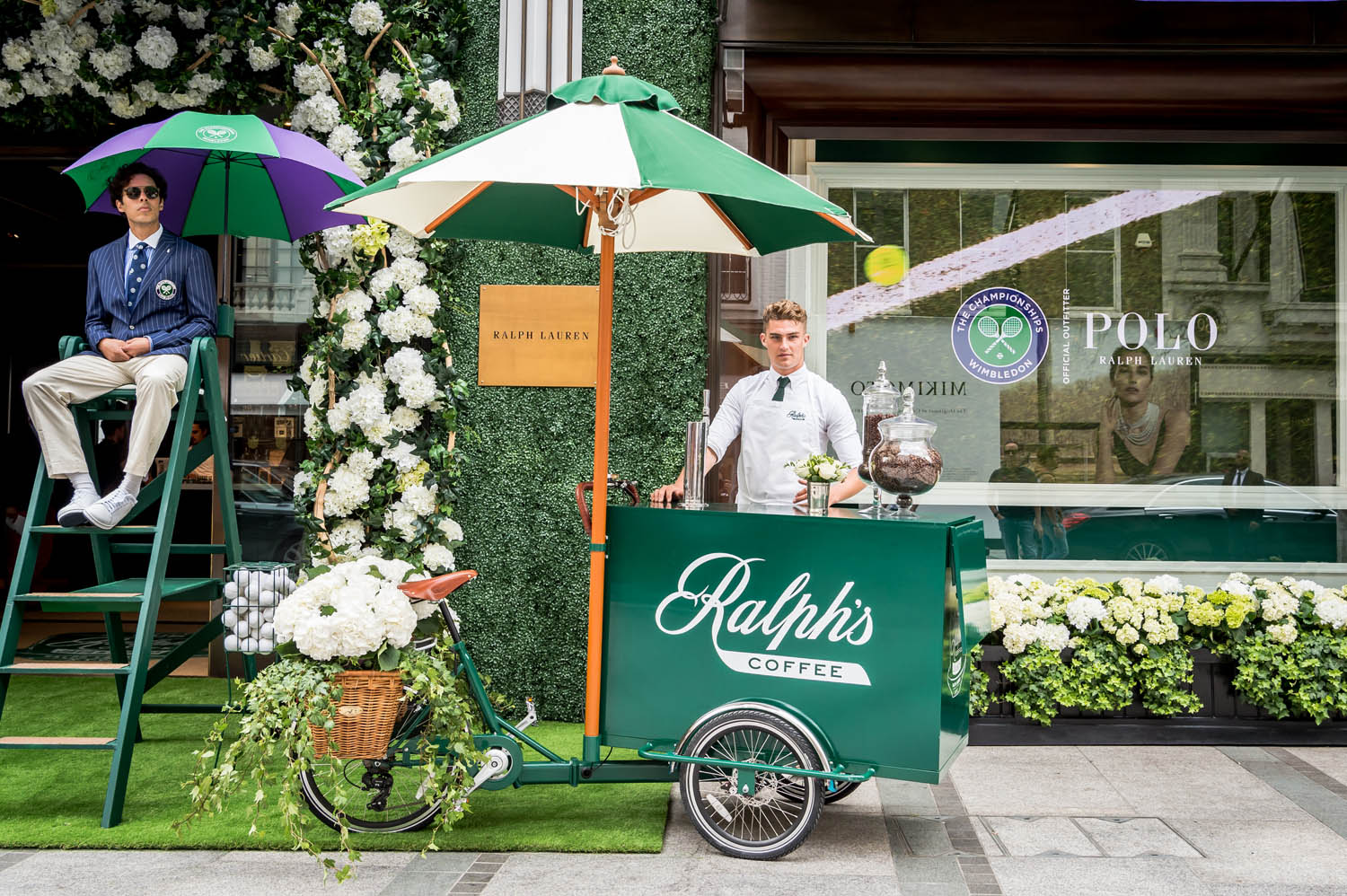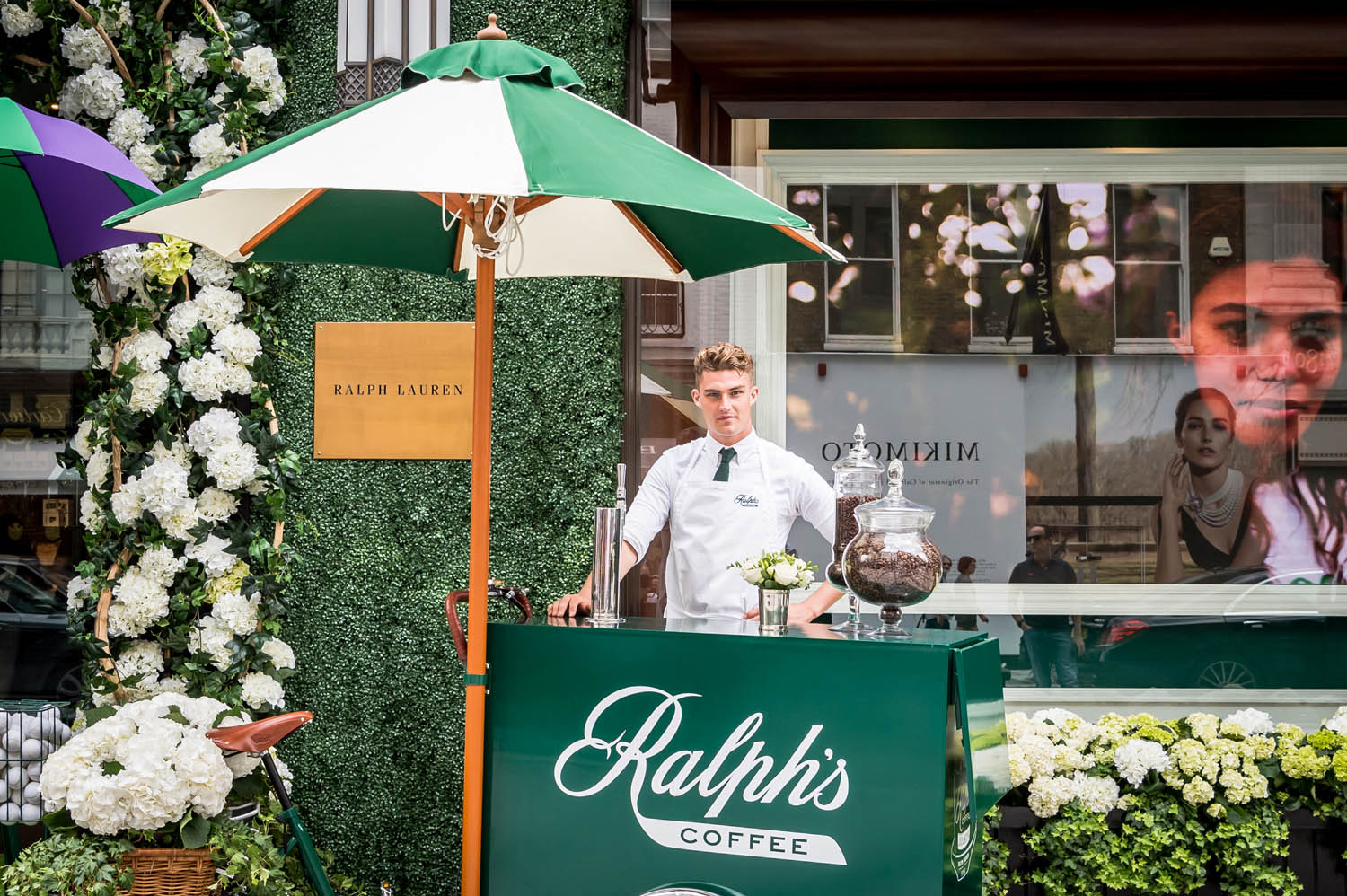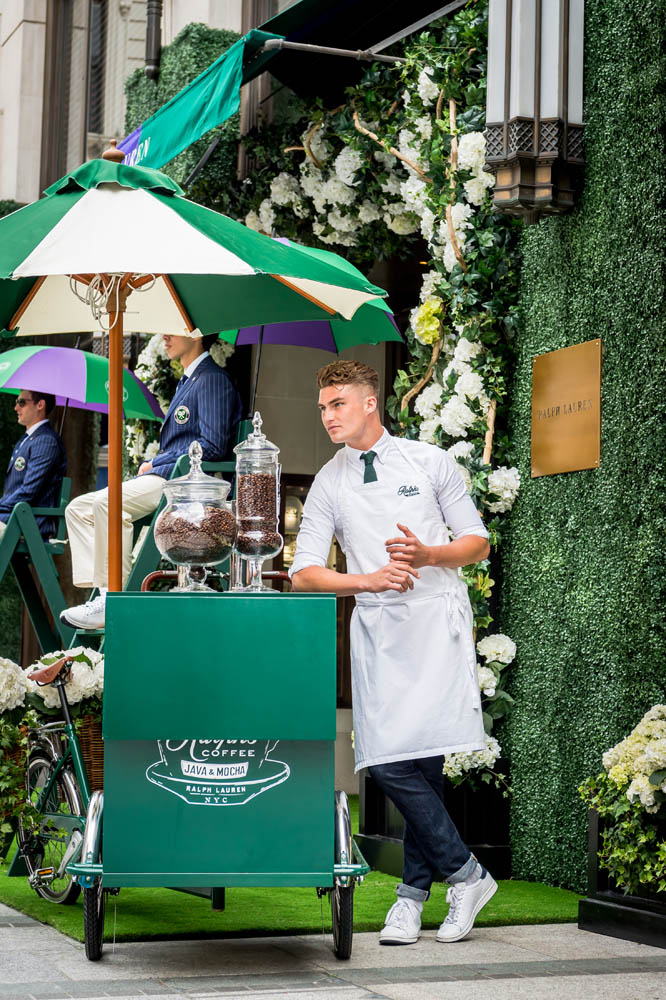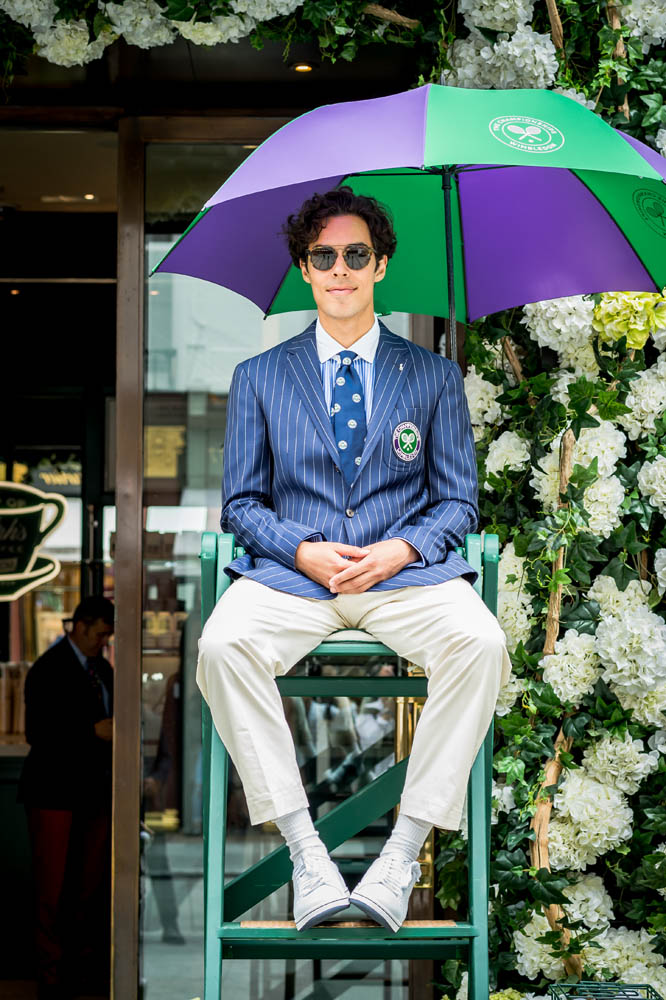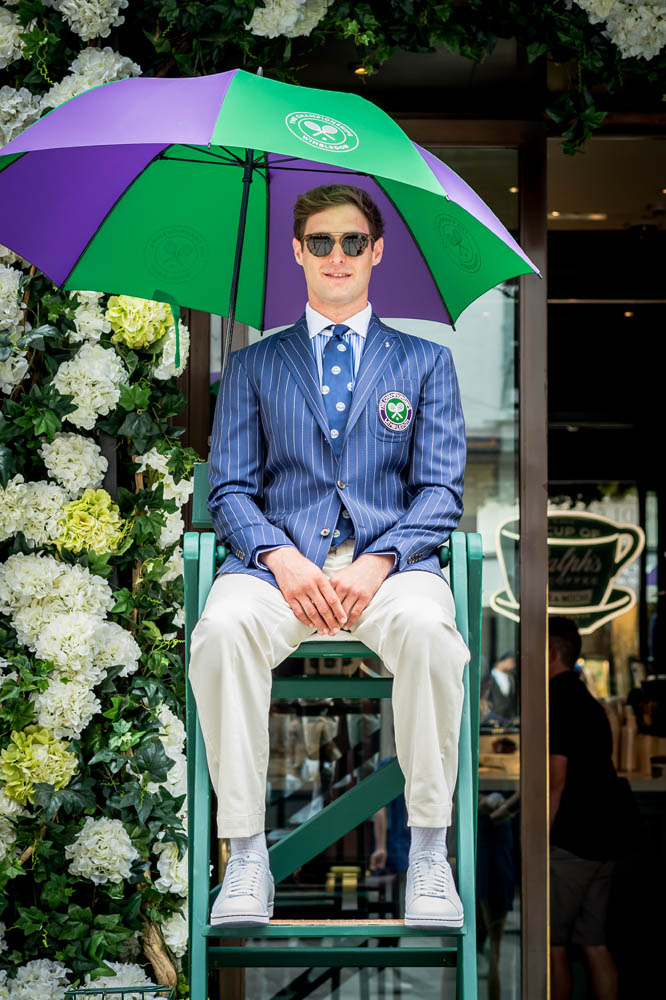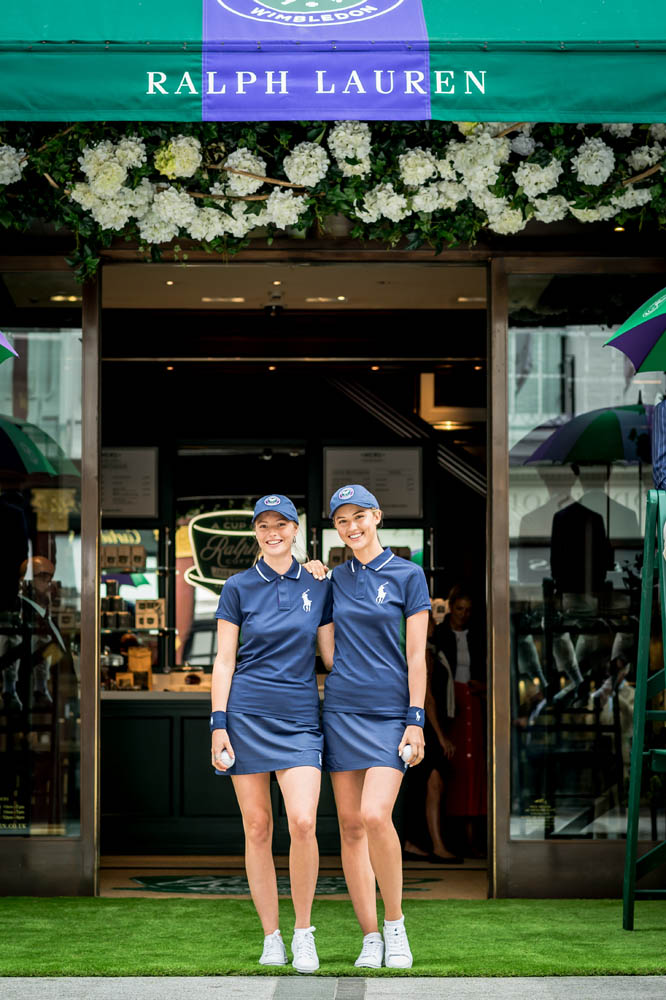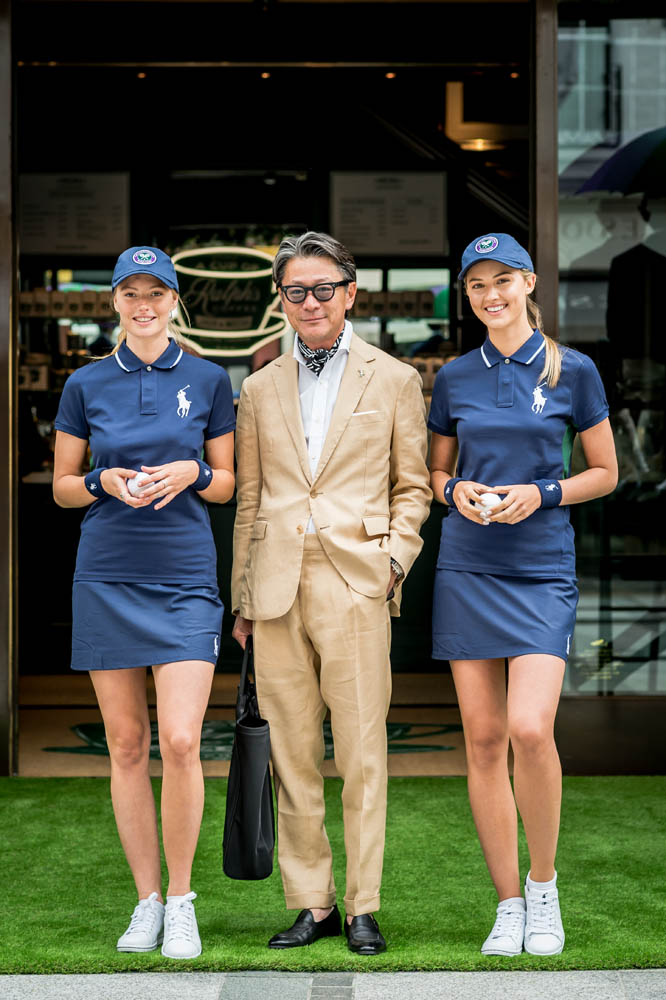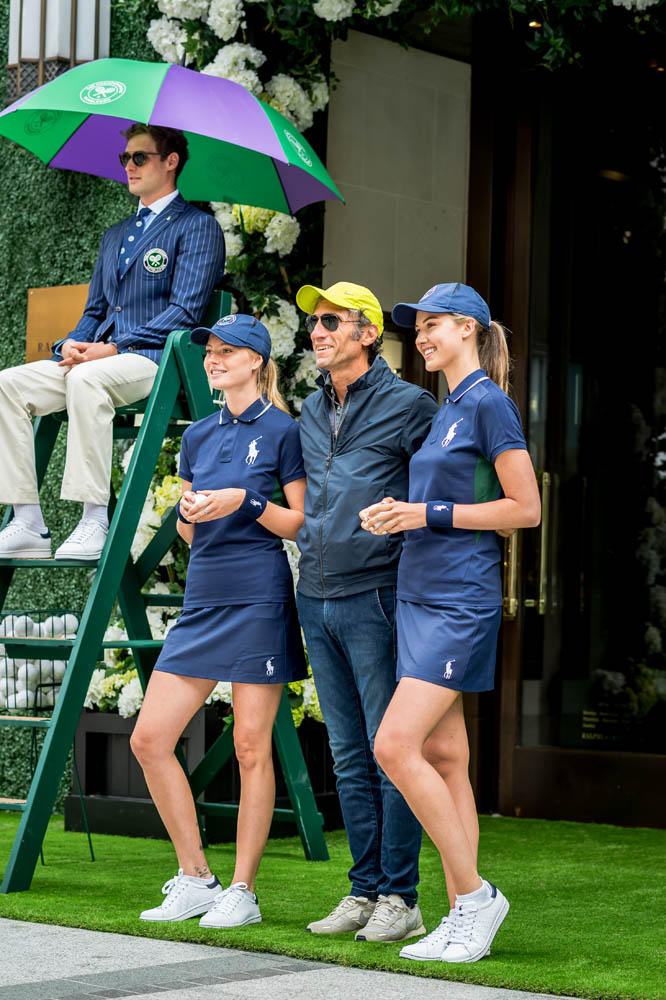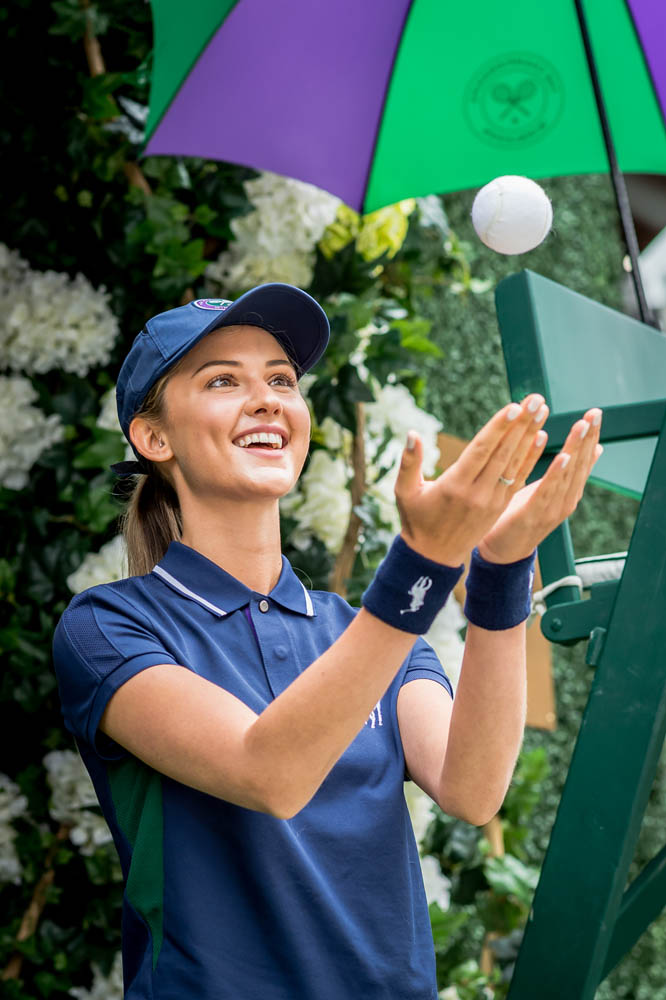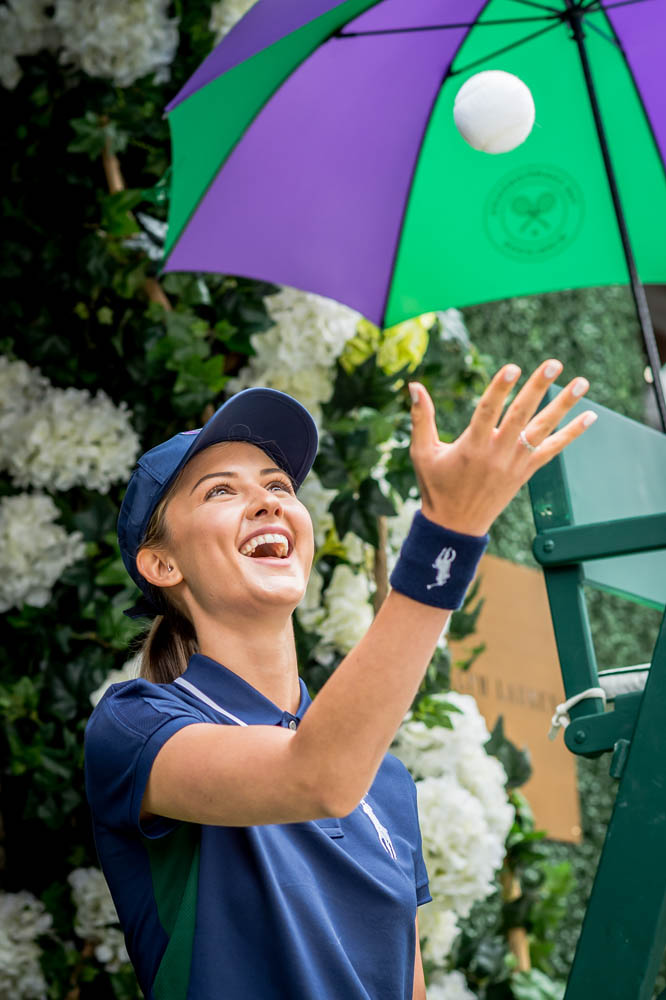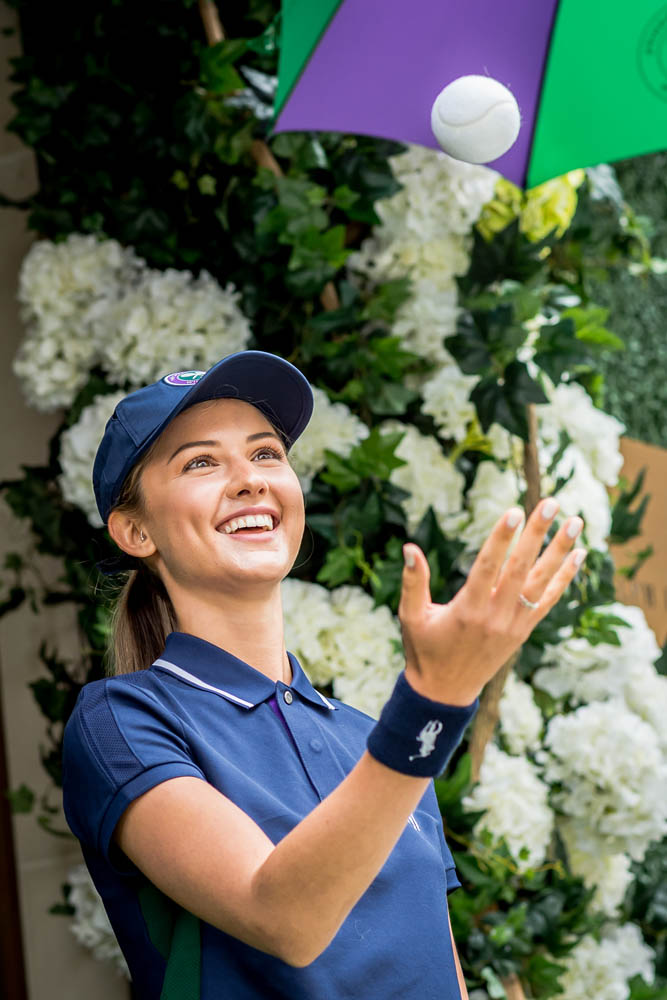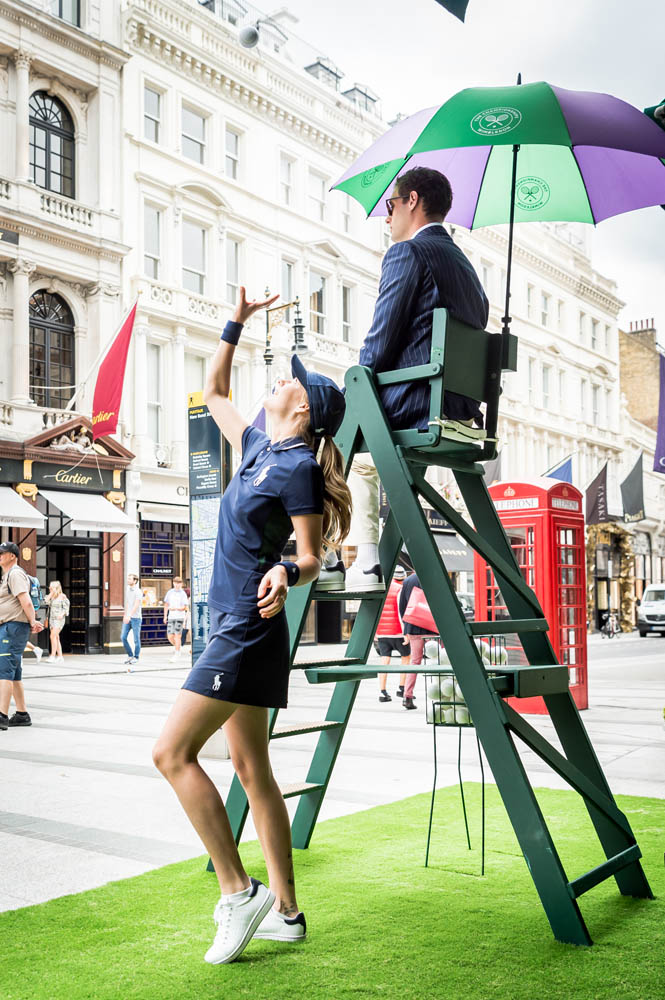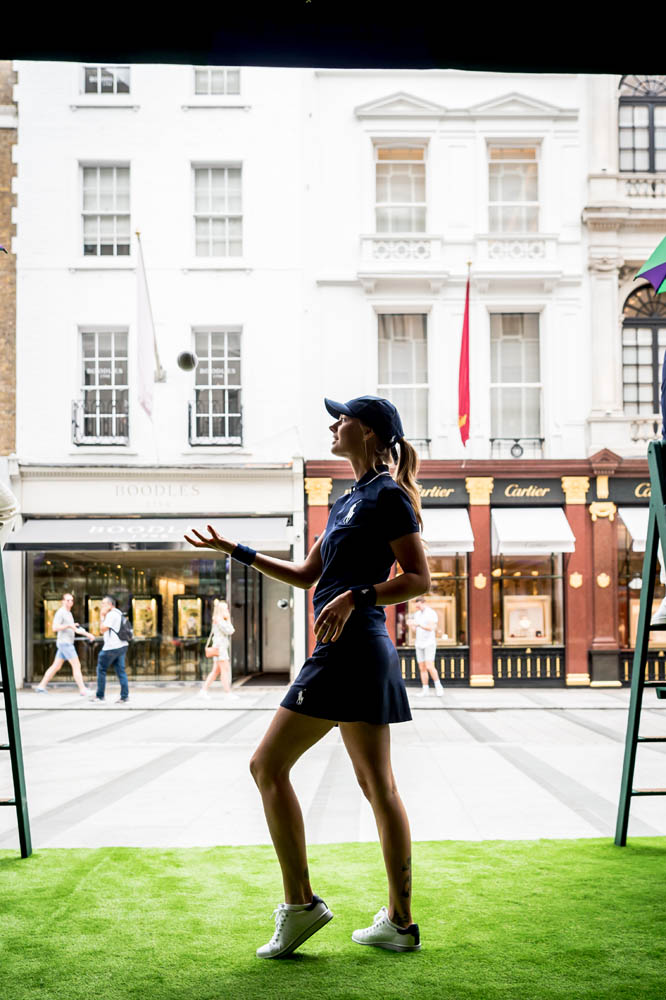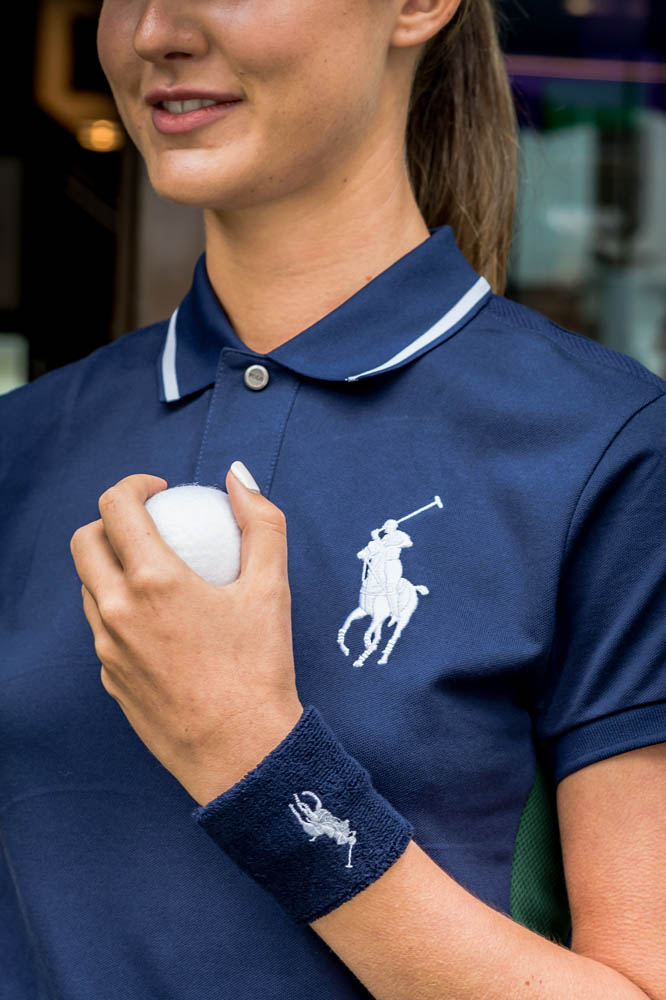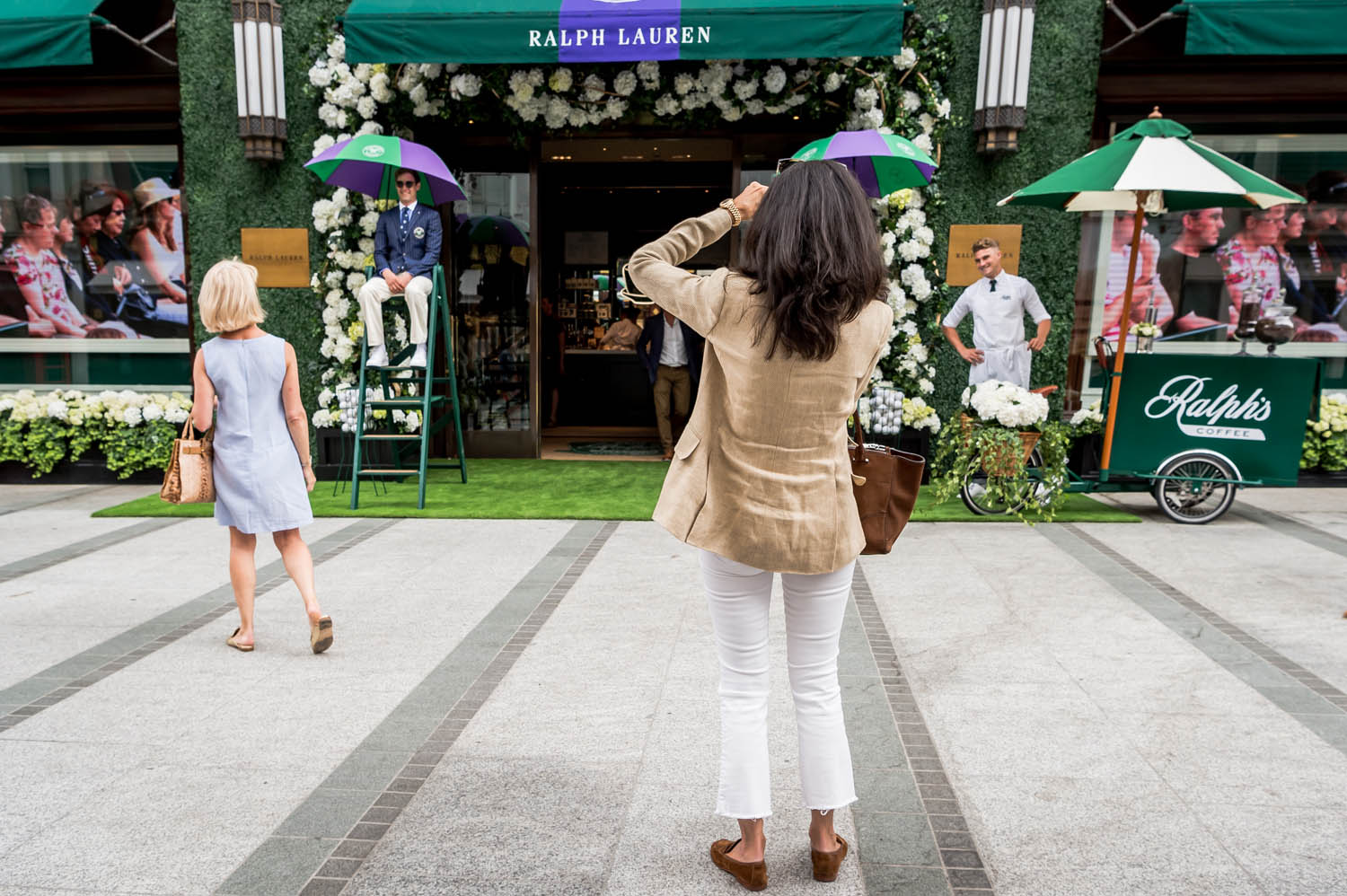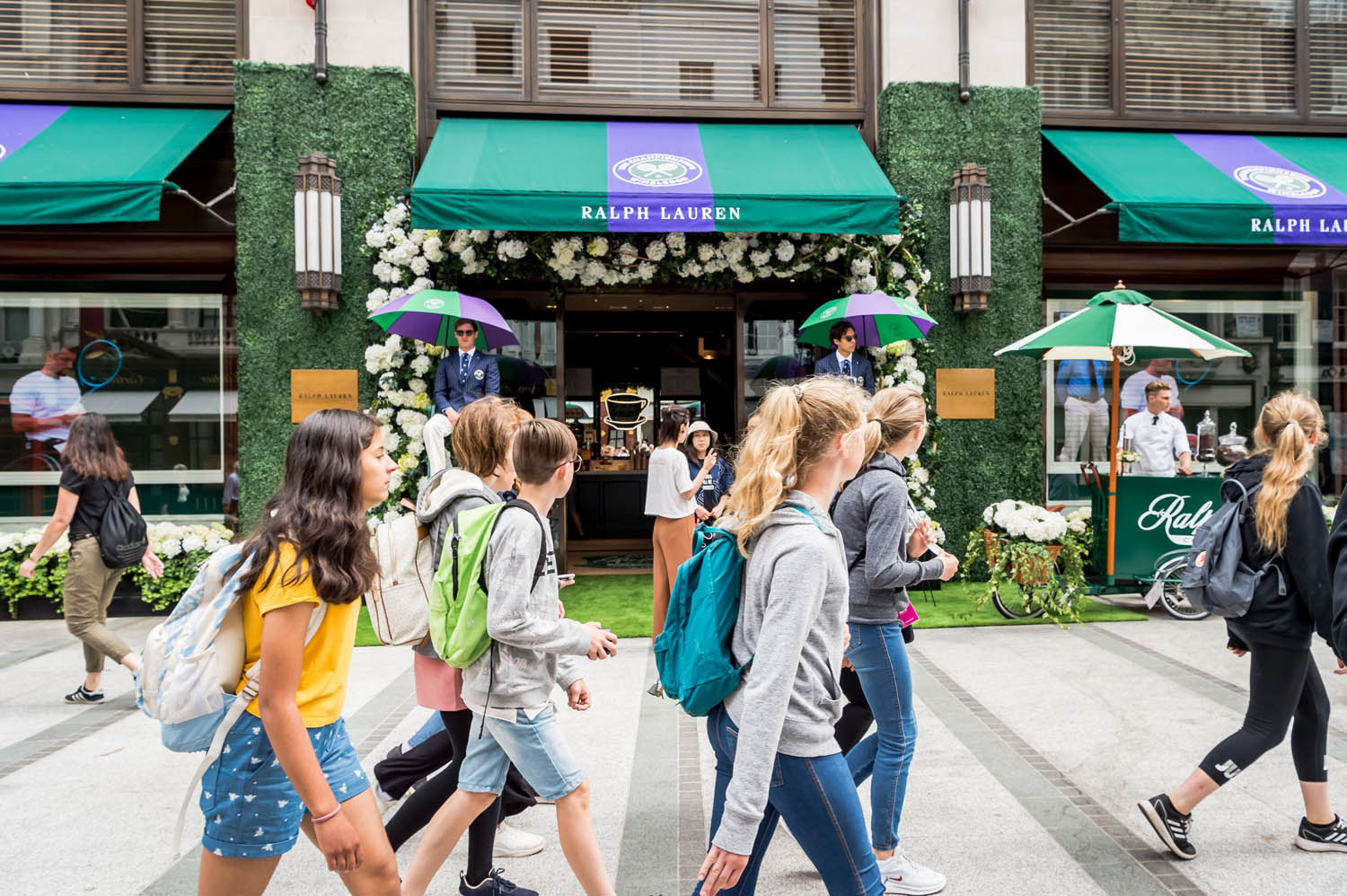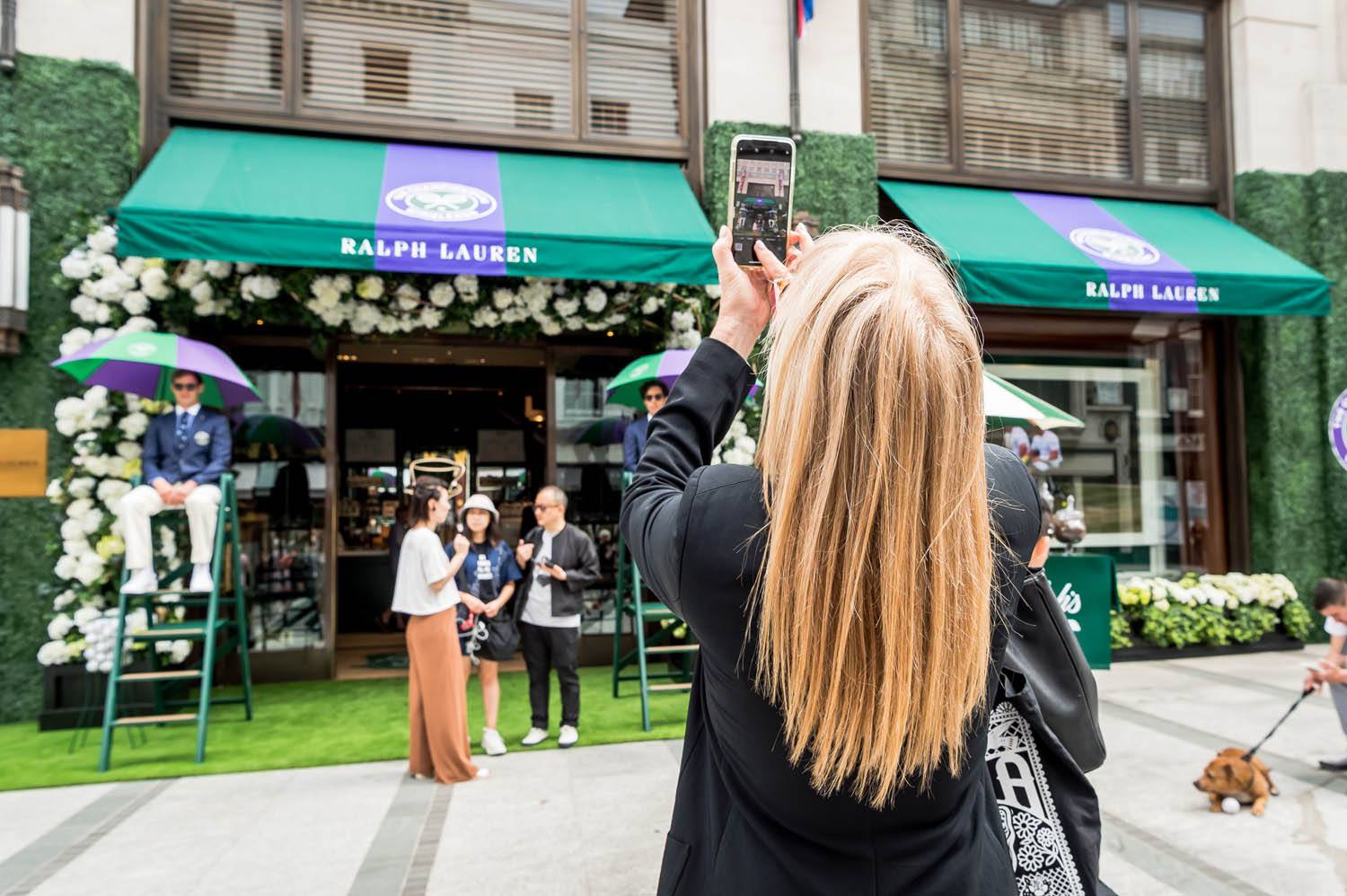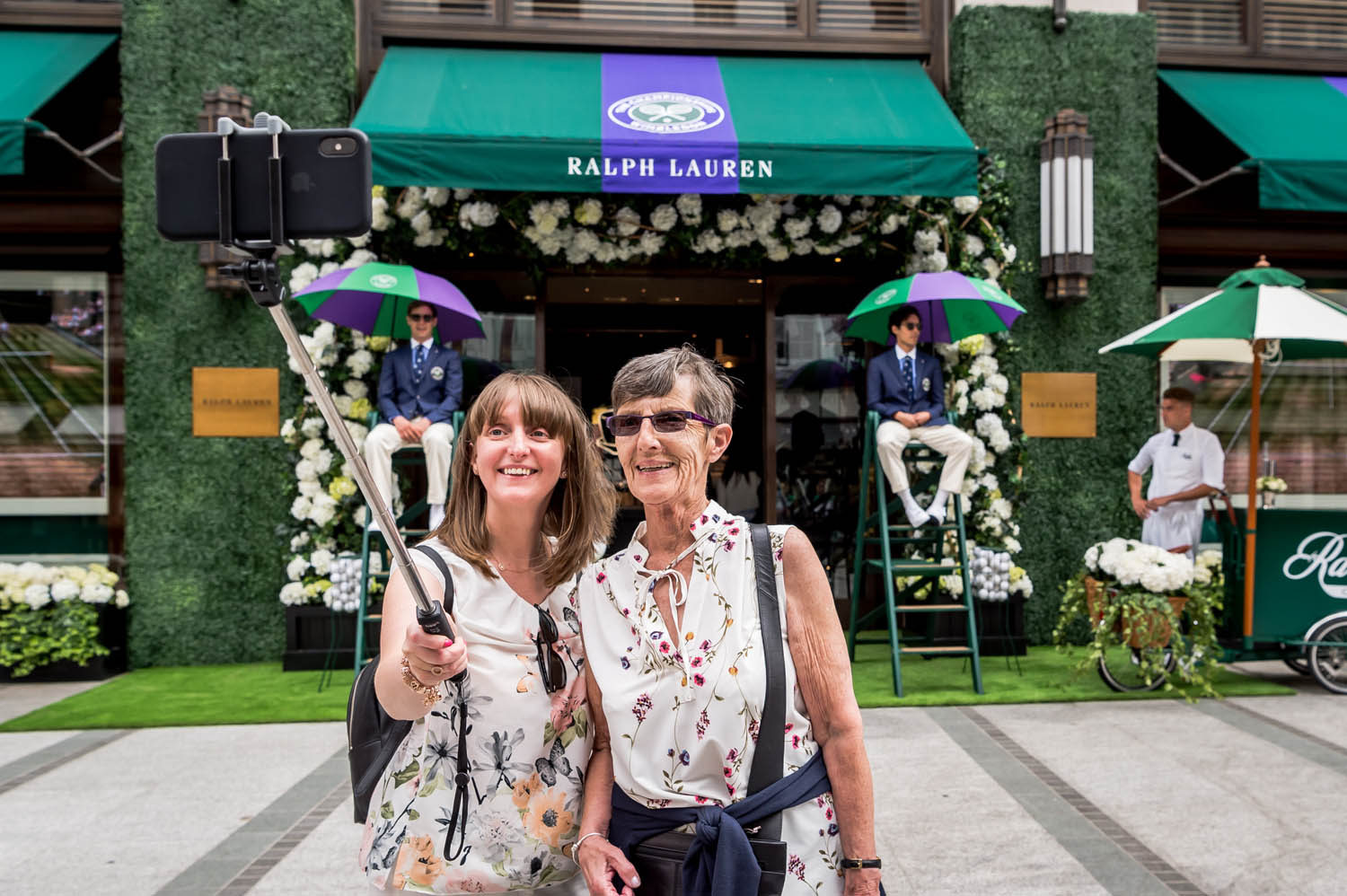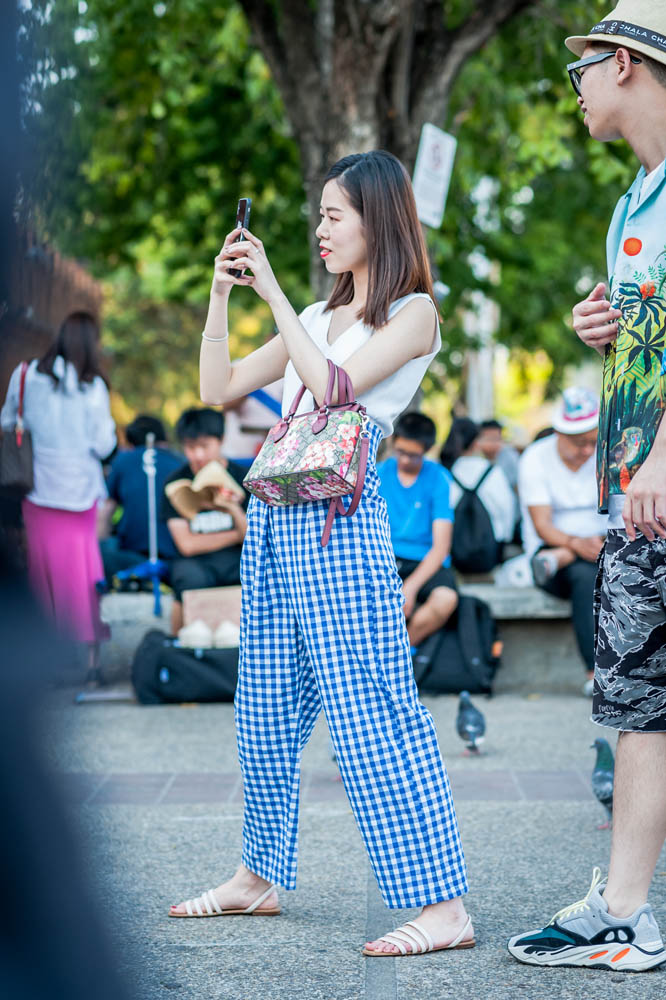Fashion Event
A photograph isn’t necessarily a lie, but nor is it the truth. It’s more of a fleeting, subjective impression. What I like most about photography is the moment that you can’t anticipate: you have to be constantly watching for it, ready to welcome the unexpected.
Martine Franck
Whilst studying for my degree in photography I wrote my thesis on the myth of the ability of a photograph to tell the truth. We were informed a few decades ago by some keen arts and cultural observer that the picture never lies. This is quite a famous line and I don’t know who first said this often used phrase. Of course it’s not used much any more as we know that photographs do indeed lie and in the age of digital photography, they blatantly lie like never before. They are really big lairs. I have discussed in previous blogs the process of understanding or interpreting images and how this truly varies between the consumers of the images. How I observe and interpret an image is different to the next person. Hoping to achieve the same outcome and response to an image from all viewers is hopeless. It is all about interpretation and the consumption of the images in such varying situations. In my thesis I quoted great cultural thinkers such as Roland Barthes, Susan Sontag and Baudelaire. All of this feels like a lifetime ago now and so far from what my responsibilities and duties as a jobbing commercial photographer require now. My time now is spent tackling Excel, Adobe Lightroom Photoshop, Macs, overly complicated cameras and all other technical gadgetry, social media apps or programs that now run our lives. Sometimes when I’m shooting my mind wanders back to my college days sat studying philosophy, ideology and all manner of ism’s. Now such memories appear as a romantic stylised image of an arts student caught up in such passions, excited by a future career in photography. But an appreciation of the currency of my images and the subsequent consumption is something I still consider regularly. I prefer the description above that a photograph is a fleeting and subjective impression.
In the quote above, Martine Franck talks of welcoming the unexpected. If my daily activities as a working photographer do not require me to quote French philosophers, I certainly am required to prepare for the unexpected. This is especially true when photographing people and particularly true when any photography involves the public. No matter what shoot it is photographers have to be prepared for so many eventualities and be open minded to a changing environment. Each shoot is a challenge and its often a surprise and pleasure when it goes according to plan and as predicted.
Ralph Lauren commissioned me to photograph the models outside the Bond St. flag ship store celebrating Wimbledon tennis tournament and Ralph Lauren’s involvement as a sponsor. This is a commission I have undertaken previously and its always such a wonderful time as the tournament is well under way one is busy with all manner of exciting social events, commissions and London is enjoying glorious sunshine (well…just maybe some sunshine). During this commission I get a chance to guide the models and do my best to channel some Bruce Weber energy and sensibility into the shots. The models are great fun and appear to be love this particular commission as much as I do. As far as welcoming the unexpected, well there was not too much of that apart from the curious public wanting to take selfies with the models. I have caught a few of these moments and it’s a case of acting fast to capture such interactions. Who would have foreseen the impact camera phones would have on our lives and of course the impact on photographer’s careers. I sadly don’t have the time and resources to truly chronicle the changes we are seeing in our society as a result of the availability and frequency of use of the every day phone camera. The mass production of images is staggering with billions of images snapped daily. The prevalent use of the public’s images to record political or social unrest in our news is extremely commonplace now too.
Overall without doubt there is the loss in value of the role of the professional photographer. It becomes tough to justify ones abilities and craft if a non-professional can create a powerful image in an instant on their phone. Once a professional photographer created photographs with secret techniques and the dark alchemy and magic of a dark room wizard. It was only the true learned professional who could render a landscape with the stunning results that left the viewer gasping at the quality. It took a professional to capture a loved ones true smile and energy for the family album. The role of the professional for now is still necessary in society but for sure there is a lack of mystique and wonder at ones creative abilities. In short I feel there is a loss in value. The production of the photograph is so readily available to everyone now and the inbuilt settings of the camera phone so advanced that the secrets of the darkroom genius are now all replicated in an instant digitally. On a number of occasions I have been told by a bride that I need not construct an album of the wedding as a family member is already doing that. Either with my digital images that I have had to hand over or with the photos the family member has taken. In fact I recall once delivering the USB presentation package to a wealthy Middle Eastern client in Knightsbridge. Already on her coffee table were some impressive albums from the very wedding. All created by a family member in the weeks since. That’s an enormous chunk of income taken away. Ponder for a moment the impact of this on our income and more importantly on ones attitude to the photographer and the value of the role of the photographer.
I say that for now we are of course still needed but for sure we are struggling and with the onset of the popularity and ease of access of digital photography many jobs that would have previously been undertaken by a professional are mostly now shot by amateurs utilizing digital SLR’s. Whether it’s the weekend wedding photographer (Uncle Bob), the estate agent shooting the properties, the keen amateurs shooting all the family portraits and the countless landscape enthusiasts. The list goes on but essentially are we needed and valued as before and of course I feel not. Essentially the technology such as the cameras and the postproduction editing software that is available to the professional is of course also available to the public naturally.
The other pressing issues are the lack of actual printing of images and how we consume images on computers, the TV, phones and other devices. The craft of the print is dying to a degree. There is an immediacy of the consumption of images. It’s snapped and stored digitally and added to thousands that are all stored but rarely seen. The concept of having a single powerful image that is framed and enjoyed for a longer period of time appears to becoming more rare. I have lived with certain framed images for many years and enjoy the impact such an image has on my well being over a long period of time. Whether its one of my own images or one of the images that form part of my collection. Such photographs are very much part of my life and contribute to my happiness and the beauty of my home. But how does the incredible production en masse of images and the brief attention span of consumption affect our attitude to images and their role in society. One modern invention that particularity drives me mad are the digital frames where the image changes every few minutes. The need to constantly snap every meal, every drink, and every snack and inform the world what your dinner looks like is all quite new and fascinating. How does this all affect the value of the photograph and of course the value of the photographer?
The other fascinating change brought about by the over reliance on our camera phones and the access to high quality digital cameras is our need to record life events as they happen. We no longer live in the moment as we witness something happening but instead we watch it through the back of our phone concentrating on recording it. All rather than relish the experience first hand. I have done this and certainly at the start of owning a good camera phone it was a novelty and wonderful to have. But I soon realised that I was feeling removed from the experience and no longer felt connected. The often-mentioned example is of people in art galleries snapping the art in front of them rather than actually taking a moment to sit and contemplate and see where this art takes them. You see it, snap it and walk on. But the image of the famous painting now on your phone is the same as any images of the famous painting in a guidebook and so what have you gained really from going to the gallery. One needs proof that you were there. But I feel without doubt that such an activity totally lessens ones experience of the moment. Whether it be watching a concert, looking at art in a gallery, watching a natural wonder such as a waterfall or being a guest at a wedding or christening. All such experiences are now experienced through a medium rather than actually felt and experienced naturally. I remember when I used to shoot the bride and groom walk down the aisle there would be no interference from either side apart form over keen guests leaning in. Now it is a gauntlet of camera phones leant in from either side filling the aisle. This is for another blog, as its impact is massive and as mentioned I doubt I could do such a massive topic justice.
I have included in the blog some photographs of Chinese tourists at the Tha Pae Gate, Chaing Mai, Thailand, shot on my last visit. I am no different to a degree wanting to record sights on my holiday. But please if you ever see me with a selfie stick please feel free to alert me immediately that I may have temporarily lost my mind. And feel free to search my home to check digital frames have not been placed anywhere. The shots of the Ralph Lauren tennis display have a couple taking a selfie and creating more fleeting subjective digital images.
